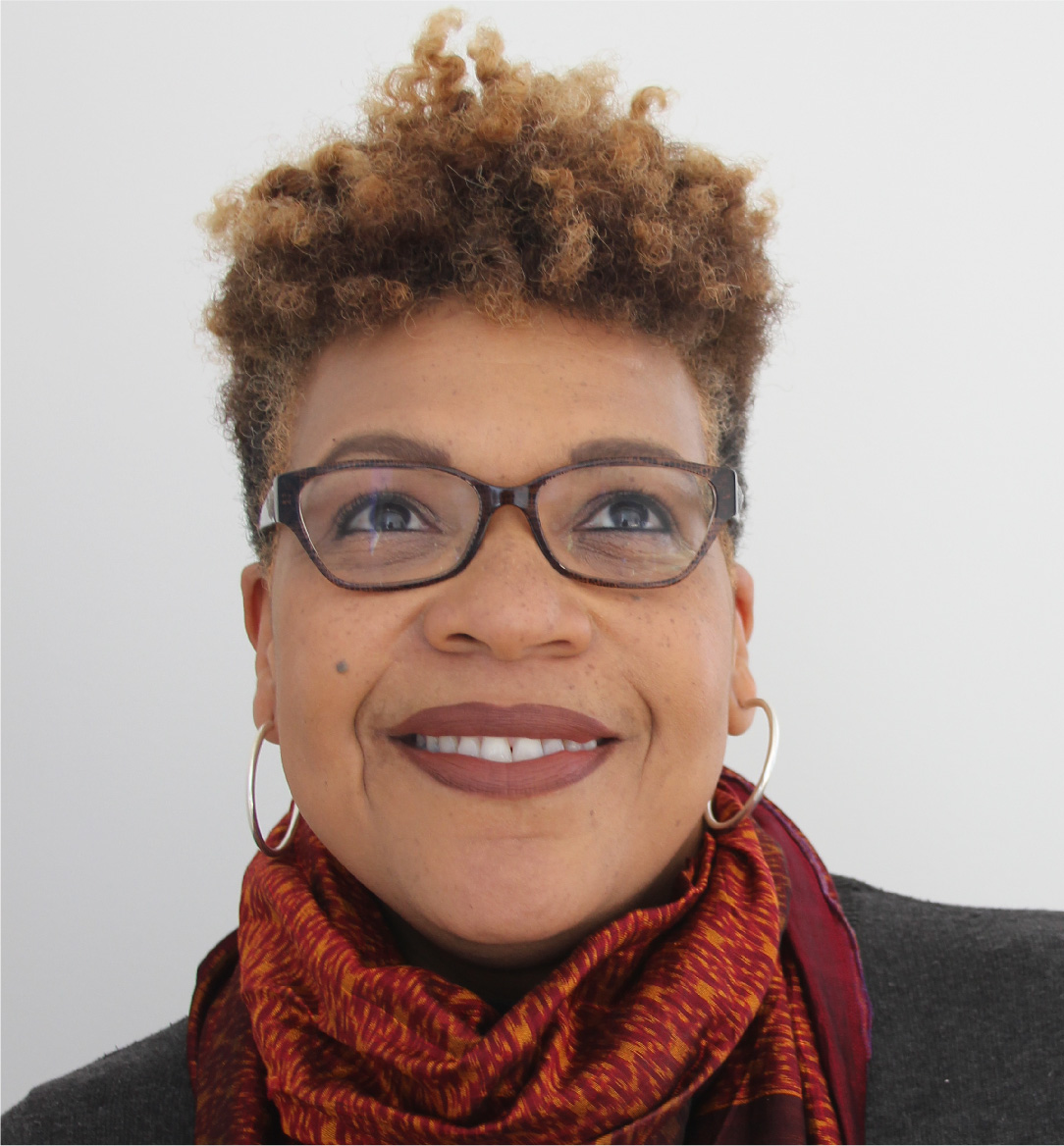
Tanya Sharpe joined the Factor-Inwentash Faculty in July 2018 after serving as an Associate Professor at the University of Maryland, Baltimore School of Social Work for 11 years. She received her Ph.D. in Social Work from Boston College located in Boston, Massachusetts. Dr. Sharpe is the founder and director of the Centre for Research & Innovation for Black Survivors of Homicide Victims (The CRIB), a multidisciplinary initiative designed to advance research,policy and practice for and with Black survivors of homicide victims throughout our global community.
Dr. Sharpe is a community-engaged researcher who is passionately committed to the development of culturally responsive approaches and sustainable opportunities allowing Black communities to thrive in the face of homicide violence. Her research examines sociocultural factors that influence the coping strategies of Black family members and friends of homicide victims.
She has developed culturally appropriate interventions and best practices designed to assist African-American survivors of homicide victims in the management of their grief and bereavement. Her comprehensive Model of Coping for African-American Survivors of Homicide Victims (MCAASHV) (Sharpe, 2015) has informed the development of a psychosocial educational intervention (Sharpe, Iwamoto, Massey & Michalopoulos, 2018), and a tool of measurement designed to assess the needs and coping strategies of African-American survivors of homicide victims.
Through interdisciplinary collaborations, Dr. Sharpe utilizes her track record of diverse community engagement to expand upon her seminal research findings by advancing our understanding and delivery of services to African, Caribbean and Black survivors of homicide victims throughout our global communities. Dr. Sharpe’s expertise in the post-homicide experiences of Black survivors of homicide victims has been influential to developing post homicide pedagogy within a broader Canadian context for Racialized communities. Specifically, her research has been successful in transforming the way service providers and policy makers are addressing the chronic and catastrophic experiences of homicide for Indigenous, African, Caribbean, Black (ACB), and Racialized communities with funding from Social Sciences and Humanities Research Council of Canada (SSHRC) and the Ontario Anti-Racism Directorate.
Dr. Sharpe’s innovative ability to mobilize and disseminate knowledge to the public has brought The CRIB and its mission to the forefront of local and global discourse. Dr. Sharpe has emerged as a public intellectual, having made several radio and television appearances on diverse media outlets to comment on notable homicides and their impact (e.g., CBC Metro Morning, National Public Radio (NPR-USA), CTV News, Global News Canada, and Breakfast Television Canada). At the onset of the COVID-19 pandemic in April 2020, and throughout the period of the brutal murders of Breonna Taylor, Ahmaud Arbery, George Floyd and so many others that don’t appear in the headlines of our newspapers, The CRIB provided intellectual, frank, and impactful sustenance to Black and Brown communities by launching an Instagram Live show entitled 30@8:30. Now in its third season, 30@8:30 remains a uniquely original platform where Dr. Sharpe hosts an expert every Wednesday night for 30 minutes to engage the public in candid conversations about the violent structural inequities that impact Black communities, leaving them disproportionately vulnerable to homicide, COVID-19, mass incarceration, police brutality, compromised mental health, and physical well-being.
Dr. Sharpe’s expertise also includes: Mass Violence and Disaster Research; Qualitative Research Methods; Suicide Prevention and Education Research; and Community Organizing and Program Development.
Dr. Sharpe currently holds the Endowed Chair in Social Work in the Global Community at the Factor-Inwentash Faculty of Social Work and is the recipient of multiple awards: Boston College School of Social Work’s Distinguished Alumni Award, the Governor of Maryland’s Victim Assistance Award, the NASW Maryland Chapter’s 2016 Social Work Educator of the Year, the Dr. Martin Luther King Diversity Recognition Award for Outstanding University of Maryland, Baltimore Faculty, the Dr. Martin Luther King, Special Recognition Award for co- developing a course entitled Freddie Gray-Baltimore: Past, Present and Moving Forward, and the University of Maryland’s Organization of African-American Students in Social Work’s Inaugural Spotlight Award.
